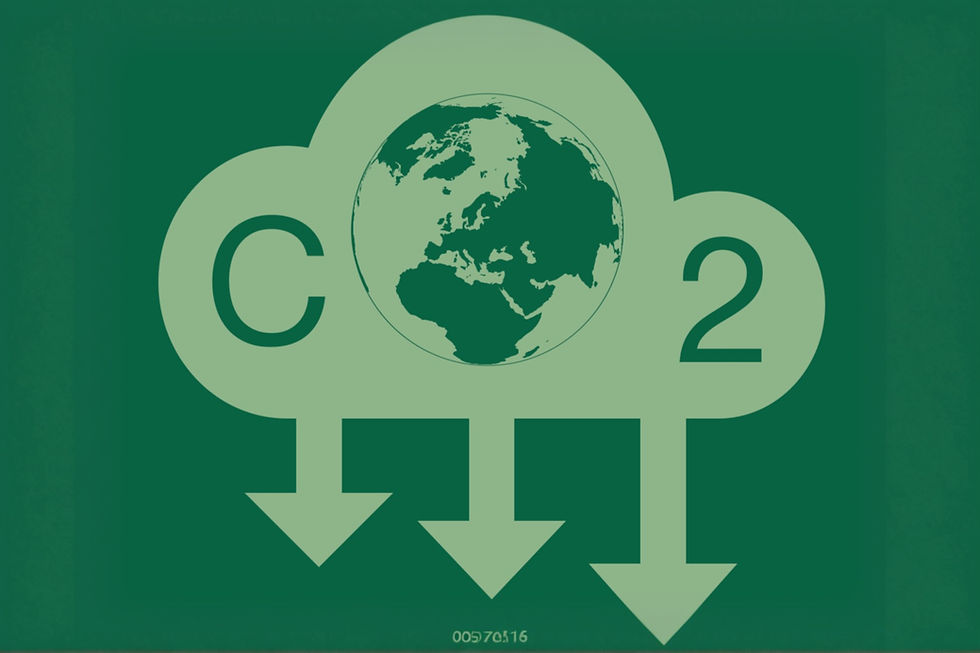Investigating the Silencing of Climate Activists
- Evie Taylor
- Jan 10, 2023
- 4 min read

As climate inaction from political leaders around the world persists, the onus has fallen upon climate-conscious members of the general public to shed light on the reality of the environmental crisis and to campaign for urgent change. Yet, rather than taking heed of their warnings, and using their positions to implement more robust and ambitious policies, political figures are stopping at nothing in their attempts to silence the activists.
A new report issued by Global Witness, in partnership with The Guardian, uncovered the murders of more than 1700 environmental defenders in the past decade, including over 200 in 2021. This is not just a series of tragic events: it is a calculated pattern of exterminating those who demand governmental action and accountability on the climate crisis. This problem is not going away; rather it is gaining momentum, as the annual number of murders of climate activists has begun to consistently exceed 200 in recent years. The majority of these murders are concentrated in Asia, Central and South America, and a vastly disproportionate number of the victims are indigenous people, defending land that was stolen from their ancestors.
Yet these murders are not making the headlines. These people are being killed as silently as possible, keeping the general public unaware of both the enormity of the climate crisis and the reality of the suppression of activists. The news tends to stay concentrated in the activists’ surroundings, spreading waves of fear across some of the most disproportionately impacted victims of climate change. The murders not only ensure that the individual activist is silenced, but also act as a deterrent to intimidate their communities into silence.
It is hard to recognise the gravity and reality of the murders without learning of the lives behind these numbers. Global Witness sheds light on the stories of some of the targeted murder victims:
In Colombia, Sandra Liliana Peña, who governed a Nasa Indigenous community, openly spoke out against the growth of illegal crops in her area. As she prepared to travel to meet with local government officials, she was forced out of her home and shot dead.
In Nairobi, Kenya, Joannah Stuchbury became a figure well-known for her work to defend the Kiambu Forest, as she confronted those orchestrating deforestation in the area. She received many death threats before the day of her murder, but was issued no protection. That day, branches were placed in front of her car, deliberately obstructing it and thus forcing her to get out. She was later discovered dead in the vehicle, with the engine still running.
In Brazil, land rights defender Fernando Araújo was killed in his own home. Fernando had witnessed the 2017 massacre of ten landless activists in Pau D’Arco, and was testifying in the investigation. His voice threatened to hold accountable the police officers who inflicted the massacre. No one has been arrested for his murder.
Each addition to the murder toll represents the loss of an individual committed to protecting the land upon which we all rely. An individual killed in order to be silenced. In failing to hold accountable the perpetrators of these attacks, these governments and legal systems are acting as enablers. Indeed, many of the murders have been carried out by people in roles that are supposed to uphold justice, like the many police officers who also work as private militias.
Whilst murders of environmental activists are not being reported on UK soil, the current government is passing through a wave of measures designed to restrict the right to protest and environmental defenders are being imprisoned for their activism. The ‘Public Order Bill’ is currently working its way through parliament, with draft legislation having already gained the approval of the House of Commons. This draconian bill sets out plans to severely restrict the rights of activists, criminalising a wide range of methods of public protest. Climate protests would not be carried out if those in political power were listening to climate science and taking action. But instead of accepting responsibility, our government is putting measures in place to take away the platforms for people protesting for a better, more just world.
The UK government is tightening the rope around the neck of the democratic right to protest, as the world accelerates towards climate catastrophe, when the future of our planet is dependent on the challenging of current governmental policy. The proposal for such restrictions was not present in the 2019 Conservative Election Manifesto, and it is now being quietly moved through parliament, reflecting this government’s intent to abuse its power, in order to silence activists.
Meanwhile, on a global scale, the tool of social media, which has become so vital in the worldwide dissemination of information, is also playing a role in silencing messages and information about the climate. Environmental activists are reporting a decrease in activity on their accounts across multiple different online platforms, whenever their posts contain environmental buzzwords. These reports are in line with claims from people posting about a range of different social and political issues that they are being deplatformed when their content challenges right-wing politics.
The science tells us that we are rocketing towards catastrophic environmental damage, which threatens the future of the generations to come. Whilst governments around the world continue to under-deliver on already weak environmental policies, we are reliant on the brave voices of scientists and climate activists. The silencing of these voices puts us on a fast track to irreparable global disaster.



Comentários